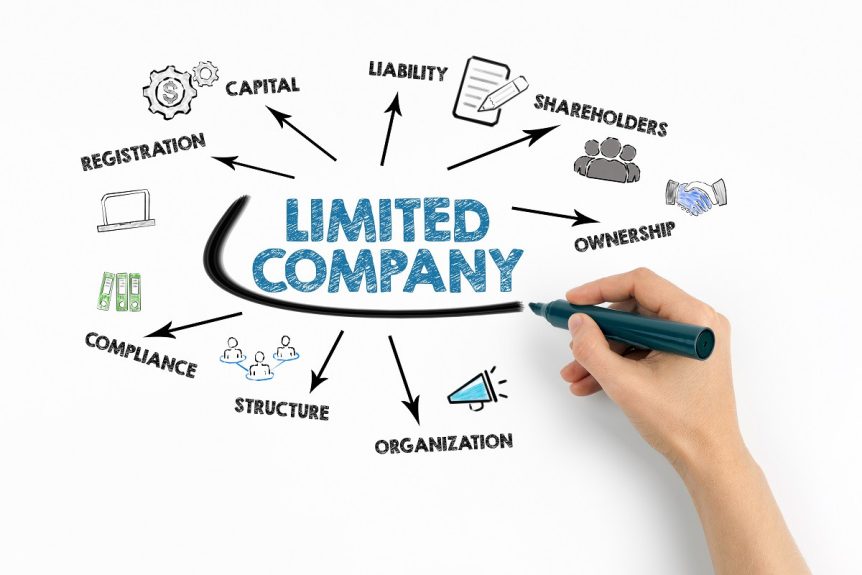The shareholders' register shows who owns the shares in a private limited company (bv). If you want to prove ownership of shares in your private limited company, you must be able to produce this register. The notary records amendments to the articles of association and changes in the ownership of shares in the shareholders' register. Where can you find this register? And what to do when you lose it?
The register of shareholders
Every private limited company (BV) has a shareholders' register: a register that records who are the shareholders of the BV. This can be one shareholder, but it can also be dozens or even more. An unlisted public limited company (nv) also has a shareholders' register.
The register further states:
- When the PLC was incorporated, with which notary and whether the articles of association have been amended since incorporation.
- How many shares the capital of the PLC consists of and their value according to the articles of association.
- How and when the shareholders became owners of the shares.
- Whether there are shares with particularities, such as a pledge or usufruct. It also states whether shares are certified.
Clear who owns
As the owner of shares, you are entitled to the profits and control in the bv. When you sell shares in the bv, the notary who makes the deed of transfer of the shares adds the details of the new shareholder to the shareholders' register. The notary also mentions the number of shares sold and their numbers. In this way, the shareholders' register always gives an up-to-date overview of the owners of the shares. This way, it is also always clear who should be invited to the shareholders' meeting and who can vote there.
If you open a bank account for your bv or borrow money from a bank or other lender, they will often ask to see the shareholders' register. This is because when a bv has more than one shareholder, there is no information about this on the extract from the Commercial Register. The lender can also see whether there are any special rights attached to the shares.
Storage and record-keeping
When you incorporate a private limited company, you get the shareholder register from the notary. In many cases, this is a blue or grey booklet. But it can also have a different appearance or be a digital file.
The board of the private limited company must keep the shareholders' register at the company's address. A digital file should be accessible there. In the event of an amendment to the articles of association and a change in ownership of shares, the notary will write this in the register. Afterwards, you will receive it back. So it is not the case that it remains in the notary's custody.
The board of the company must also process changes that shareholders themselves communicate in the shareholder register. For example, the change of a shareholder's address.
Shareholder register lost, now what?
If you have lost the shareholders' register, a notary can make a new register for you. The notary will have to check all deeds relating to the limited liability company, such as the deed of incorporation, deeds of amendment of the articles of association and deeds of transfer of shares, and record them in a replacement shareholder register. As a board, you will have to make a statement on the accuracy of all data in the process. This costs time and money. Therefore, keep the original shareholders' register well.
Not public
Not everyone is allowed to inspect the shareholders' register. The board of the bv must allow inspection of the shareholders' register to: a shareholder, a usufructuary, a pledgee and a depositary receipt holder with meeting rights.
Bill: Central Shareholders' Register
To counter problems with a shareholder register that is not properly maintained or untraceable, PvdA and SP submitted an initiative bill to establish a Central Shareholders' Register (CAHR). In the bill, this CAHR is a national register in which notaries digitally keep track of changes for each PLC. Like an ordinary shareholders' register, the Central Shareholders' Register is not public.
Note: The CAHR is slightly different from the already existing UBO register. The UBO register lists the ultimate stakeholders of an organisation. For example, it refers to a shareholder who holds more than 25% of the shares of a BV. When the law is introduced, the Central Shareholders Register, like the current shareholders register, will register all shareholders of a bv, i.e. even shareholders with only a few shares.


